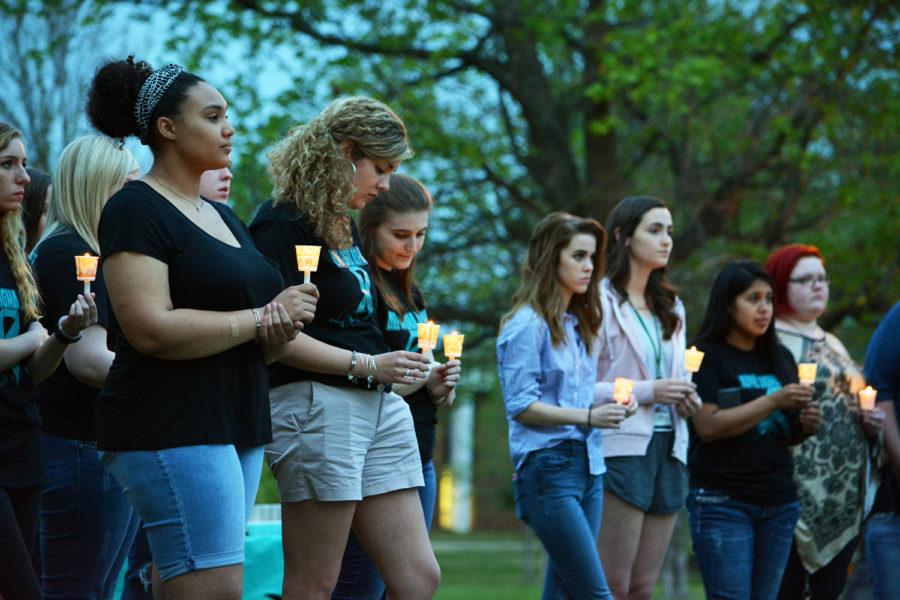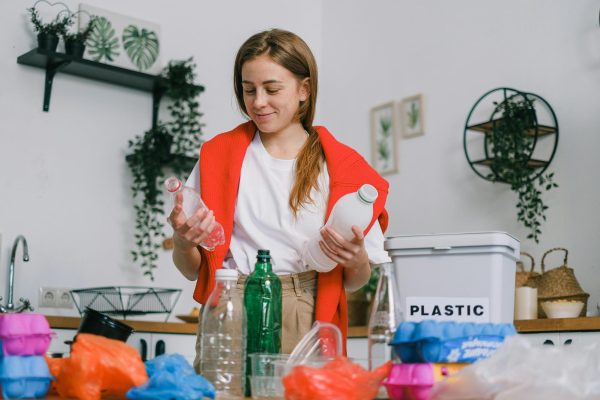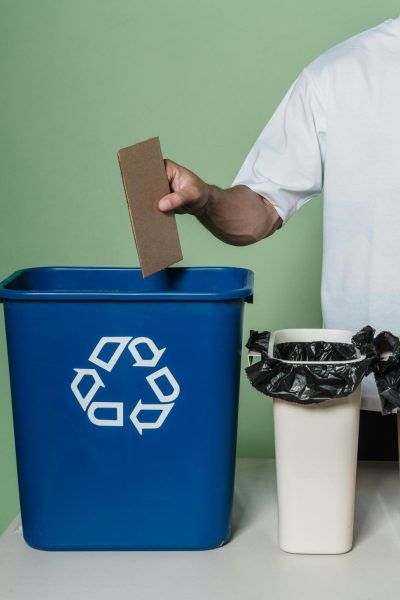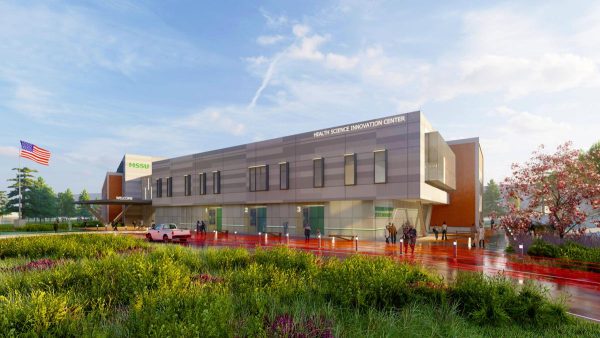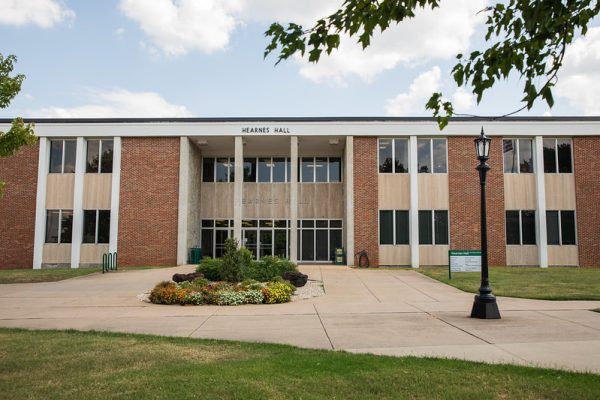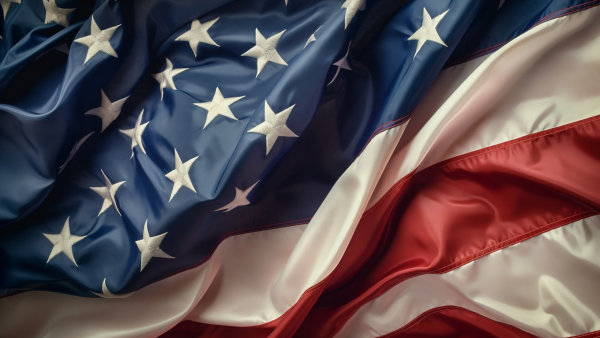Emotions run high at “Take Back the Night” rally
Daya Davenport, junior public relations major, participated in a candle light vigil at the Take Back the Night event hosted by the Alpha Sigma sorority and held on the Oval on April 13, 2017 to help raise awareness about sexual assault.
Emotions ran high on the Oval Thursday, April 13, as both women and men turned out to take a stand against sexual assault for the 12th annual Take Back the Night Rally. Guest speakers shared experiences through heart-wrenching accounts of their own abuse while attendees were also encouraged to speak out about their own violence and exploitation.
The event was organized by the Alpha Sigma Alpha sorority in conjunction with the Lafayette House of Joplin and Freeman Hospital, and sought to inform college students and the community about sexual assault prevention.
Local sponsors such as Freeman and the Ozark Center were on hand to offer programs in the Joplin area for healing services.
According to Amy Lane, development coordinator at the Lafayette House, their organization started the event 12 years ago. They were contacted by the sorority who wanted to join in to help organize the rally and have since take over as the primary coordinators.
“Nobody really likes to talk about sexual assault but the more we’ve done this, the more people tend to feel easier about it and that’s what’s important,” said Lane. “It’s okay to talk about this kind of thing; in fact, people need to talk about it and that’s what were here for. Sexual assault occurs mostly between the age of 18-24, which is your typical college-age girl. Plus you have incoming freshman who are away from home for the first time who maybe haven’t made the best choices, so letting these girls know that we’re here for them is one of the most important things we can do.”
Ken Kennedy, chief of the University police department, was also present to speak about an upcoming self-defense course and sexual assault prevention. According to Kennedy, Title IX has changed the way they investigate sexual assaults on campus. Students can report it to the campus police, who will conduct an official investigation as well as put the victim in touch with the SANE (Sexual Assault Nurse Examiners) nurse program who will go through an interview process with the victim where they’ll be encouraged to go to court and testify against their attacker.
“The other option is that they can report just to the Dean of students who will do an independent investigation where, if they decide that legitimate wrongdoing occurred, then her attacker will be suspended from classes and removed from campus so she can’t be subjected to being confronted by this guy after what’s happened to her. And I say her because, most of the time, it’s a female,” said Kennedy. “She can also report it to us and we’ll report it to the dean of students and both things will happen, he’ll go to jail and be banned from campus.”
Sharra Smith Spokesperson for RAINN (Rape, Abuse & Incest National Network) was also on hand to share her story of healing and how everyone can benefit from the lessons she’s learned. The crowd fell silent as she told her story.
“When I was 15 years old I was brutally raped,” she said. “I was grabbed from behind, I have tattoos on my wrists to hide the scars from the bailing twine that I was tied up with. I was thrown into the back of a pickup truck and tied down. I had duct tape over my eyes and an oil rag in my mouth when he took my virginity with a crowbar. He broke two of my ribs and dislocated my shoulder. Unfortunately for me, my parents were out of town and I was somewhere where I wasn’t supposed to be, trying to be a big girl, and I was dropped in a ditch. I was kicked a few times and my clothes were thrown into a bag next to me. The last thing I remember was hearing him say, ‘if you’re dead, you probably should be,’ then he drove off.”
Smith then walked three miles at night to a Walmart where she called the police from a pay phone. Despite her traumatic ordeal, Smith told the crowd that healing can take place. However, she feels speaking to young woman to tell them about her nightmare is a way of hopefully preventing it from ever happening to another girl in the first place.
“College is a transitional part of life, some girls are running away from a past and trying to figure out who they are,” she said. “This is a really important age where you’re trying to figure stuff out and defining who you are, so it’s really important for me to speak to girls at this age so they know that this is an issue and it can happen to anyone.”
The rally was the culmination of a week-long series of events which also included the annual “Mile in Her Shoes” race where male students wore high heeled shoes and raced across the Oval. The event was meant to gain support and capture the attention of students about what it means to be a woman.
“I think the rally went well. People coming out to share their stories can really make a difference,” said Alpha Sigma Alpha President Dusti Nabors, junior mass communication major. “It makes me feel like we’re doing something that’s important and making a difference in the lives of our community, who can then go on to touch the lives of others.”
Your donation will support the student journalists of Missouri Southern State University. Your contribution will allow us to purchase equipment and cover our annual website hosting costs.



















